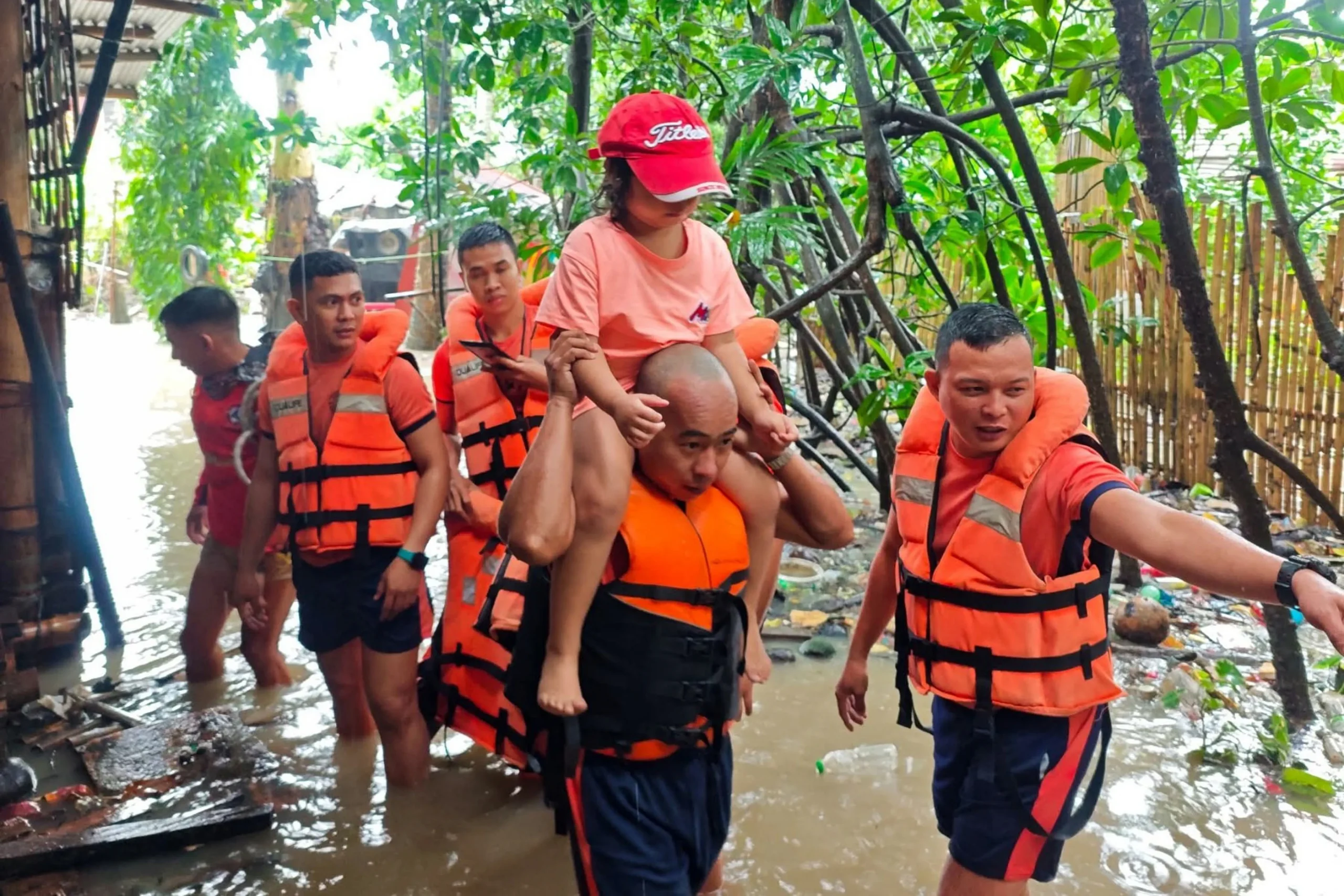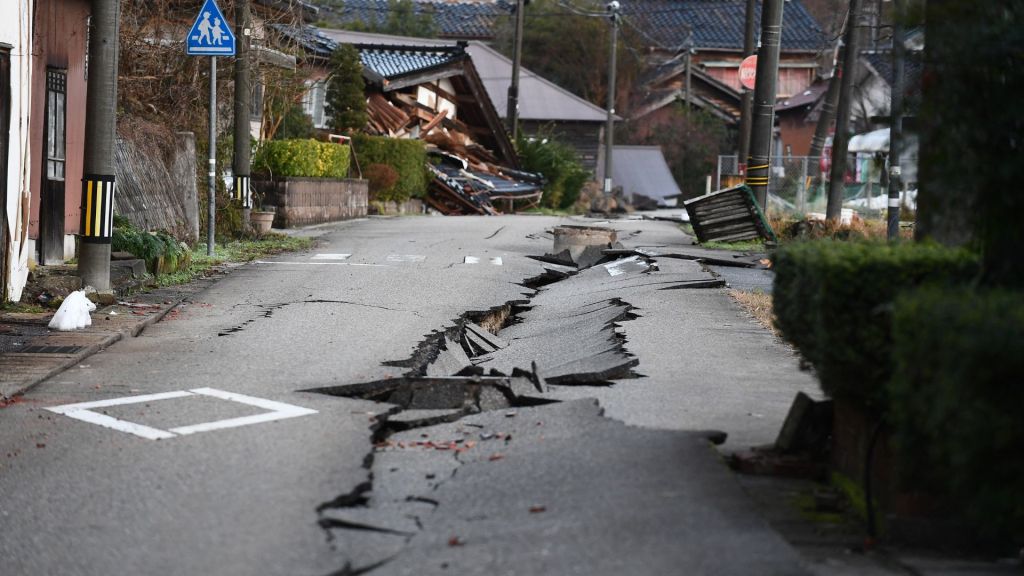HURRICANE HELENE RESET A NORTH CAROLINA TOWN’S OUTDOOR BOOM

Tourism dreams, washed out overnight
Old Fort, a mountain gateway town in North Carolina, was building a reputation for biking trails and outdoor tourism—until Hurricane Helene’s deluge and mudslides tore up roads, bridges and trailheads. Locals describe the storm as hitting a “reset button,” forcing businesses to close and volunteers to pivot from guiding rides to clearing debris. The town’s model—public-private stewardship of trails to spur small-business growth—now faces months of reconstruction and funding uncertainty. Residents say the tourism halo had begun to lift nearby incomes; its sudden loss underscores how climate-amplified rain events can upend rural economies.
Officials are mapping repairs while seeking federal and state aid. The priority list includes stabilizing slopes, reopening access roads, and repairing creek crossings that serve both hikers and residents. Outdoor outfitters worry about a lost fall season and canceled bookings. Yet the community’s response—mutual aid, tool drops, and pop-up meal stations—shows resilience. Planners argue that rebuilding with more drainages, armored crossings and slope controls could leave the trail network stronger, but costs are steep for a town of modest means.
Rebuilding smarter for the next storm
Engineers recommend “build back better” standards: culverts sized for higher peak flows, bridges with deeper footings, and rerouted single-track away from slide-prone benches. Grants could tie dollars to resilience benchmarks, while insurers reassess risk for adventure-tourism operators. For visitors, the message is patience—and to support businesses that can pivot, from gear repair to guiding on unaffected trails. The recovery will likely be staged: utilities and arterials first, then trail segments as conditions allow. The episode is a case study in how climate-driven extremes intersect with rural development strategies.






















